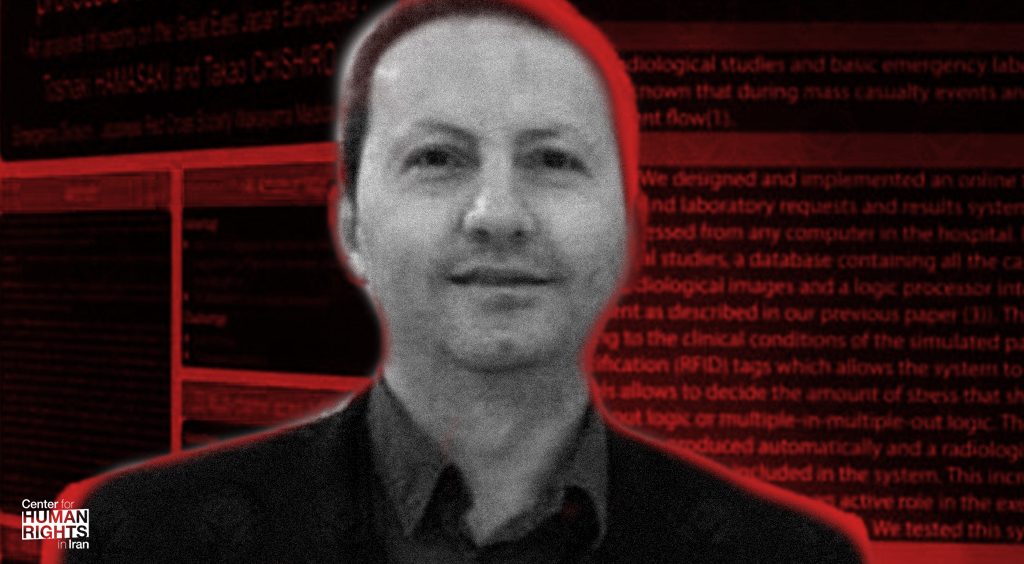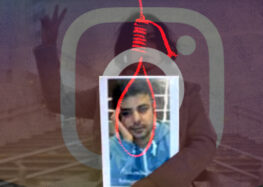Iran Must Not Execute Ahmadreza Djalali
 Execution Reported to Be Imminent, Wife Has Received Farewell Call
Execution Reported to Be Imminent, Wife Has Received Farewell Call
Swedish-Iranian Doctor Was Convicted on Spurious Charges After Unfair Trial
November 25, 2020—The reported imminent execution of Ahmadreza Djalali, a Swedish-Iranian doctor and academic who was convicted in Iran on manufactured espionage charges after an unfair trial, must not be carried out, the Center for Human Rights in Iran (CHRI) said in a statement today.
“The execution of the Swedish doctor Ahmadreza Djalali would demonstrate the Iranian authorities’ complete contempt for any semblance of justice or the rule of law,” said Hadi Ghaemi, CHRI executive director.
“We urge the Iranian authorities to heed the calls throughout the world to immediately halt any moves toward Djalali’s execution,” Ghaemi said.
The medical scholar had visited Iran in April 2016 on invite by the University of Tehran and was arrested by agents of the Intelligence Ministry and sentenced to death in October 2017 under espionage charges. In a letter from prison, Djalali wrote he was being punished for refusing to spy for the ministry and was forced to make a false confession under the threat of torture.
A November 24, 2020 letter, signed by 149 Nobel laureates and addressed directly to Supreme Leader Ayatollah Ali Khamenei, requests that Khamenei “direct the Iranian authorities to allow Dr. Djalali to return home to his wife and children and continue his scholarly work for the benefit of mankind.”
Top UN experts also called for an immediate halt to his execution, releasing a statement on November 25, 2020, that said: “His torture, arbitrary detention, death sentence and now reported imminent execution are unconscionable acts that should be condemned by the international community in the strongest terms.”
The UN statement continued, “The decision of the Iranian Government and judiciary to execute Mr. Djalali is completely reprehensible. On several counts, this would be a clear and serious violation of Iran’s obligations under international human rights law, especially the right to life. We urge the Islamic Republic of Iran to stop this execution immediately,” said the experts.
In December 2018, 121 Nobel Laureates called on Iran’s Supreme Leader to allow Djalali to “return home to his wife and children and continue his scholarly work for the benefit of mankind.”
The UN Working Group on Arbitrary Detention found in a 2017 opinion that Djalali was arbitrarily detained and called for his immediate release.
During Djalali’s imprisonment, he has been denied critical medical treatment, and his health has deteriorated significantly. There are reports he has leukemia and a photo of him that surfaced on social media in 2018 showed he had lost a great deal of weight.






